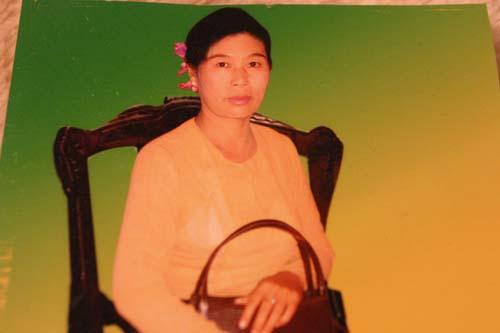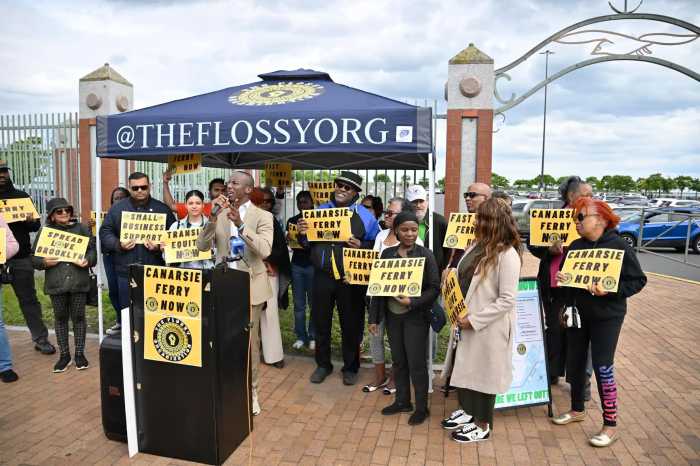Kyaw Htet’s eyes were frantic as he scrolled down on the Web page of a Burmese-language news site.
“It’s been five days,” he said. “I am very worried for my mother. Today, I called 10 times. The phones are not working. Everything is destroyed.”
Almost a week after Cyclone Nargis hit Myanmar, formerly known as Burma, many in New York’s small Burmese community are still desperately trying to contact friends and relatives. The death toll continues to climb; the latest number is 100,000 dead and missing. The humanitarian situation is desperate; untold thousands lack water and food. But the repressive military junta that rules the isolated country has blocked international aid, leaving many Burmese in New York feeling helpless and outraged.
Htet, 30, lives in Sunset Park in an all-Burmese row house on a quiet, tree-lined street. Many residents in the house arrived within the last few years, part of a huge influx of Burmese refugees to the United States. About 14,000 Burmese refugees arrived in this country in 2007, more than eight times as many as the previous year.
Htet’s mother, Daw Ame Sein, lives by the river in the capital, Yangon, formerly called Rangoon. She lives on the money that her son earns as a sushi chef in the Financial District.
Htet’s face grew tight when asked about his father, Maung Maung Aye, who is a political prisoner in Yangon’s notorious Insein prison. According to unconfirmed reports from human rights groups, Burmese soldiers killed 36 prisoners to quell a riot after the cyclone.
Both Htet and his father are members of the National League for Democracy, the main opposition group, headed by Nobel Peace Prize-winner Aung San Suu Kyi. Htet said his father was locked up in 2003, accused of contacting an illegal opposition group.
“I am very worried for both of them,” Htet said in his limited English, wearing a traditional longyi, or sarong. “And we can’t do anything.” Htet is raising money on his Burmese-language blog, www.kyawthet.blogspot.combut said he doesn’t know where he can send the money so that it actually reaches the people, rather than the regime.
The junta that rules Myanmar is notorious in the international community. It brutally repressed popular protests led by Buddhist monks last September. Human rights groups accuse the government of systematic extrajudicial killings, torture, and other abuses.
The regime has confiscated food and equipment sent by the United Nations and denied visas to aid workers. International health experts say thousands of lives hang in the balance. There is little fresh food or water in many areas. Outbreaks of diseases like acute diarrhea and cholera could be imminent.
Burmese groups based in New York demonstrated outside the United Nations on Friday, calling on the Security Council to pass a resolution allowing aid delivery without the Burmese government’s permission.
As negotiations on how to deliver food and supplies continue, international aid groups are collecting donations. To contribute to UNICEF or Direct Relief International through Google Checkout, visit http://www.google.com/myanmarcyclone.
For a list of other organizations collecting donations and news updates, visit the author’s blog at http://burmaemergency.wordpress.com.
























